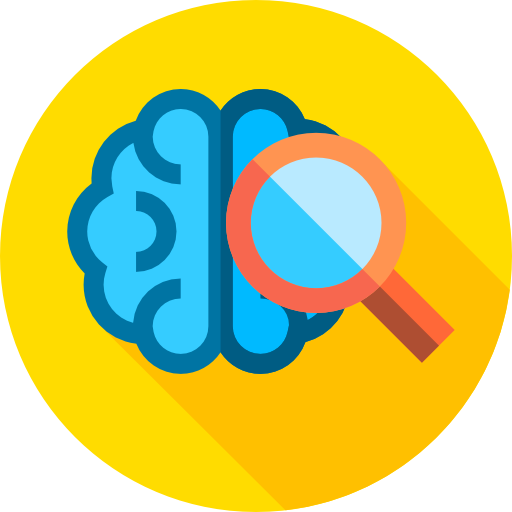Diagnosis
Your child’s doctor will look for signs of developmental delays at regular checkups. If your child shows any symptoms of autism spectrum disorder, you’ll likely be referred to a specialist who treats children with autism spectrum disorder, such as a child psychiatrist or psychologist, pediatric neurologist, or developmental pediatrician, for an evaluation.
Because autism spectrum disorder varies widely in symptoms and severity, making a diagnosis may be difficult. There isn’t a specific medical test to determine the disorder. Instead, a specialist may:
- Observe your child and ask how your child’s social interactions, communication skills and behavior have developed and changed over time
- Give your child tests covering hearing, speech, language, developmental level, and social and behavioral issues
- Present structured social and communication interactions to your child and score the performance
- Use the criteria in the Diagnostic and Statistical Manual of Mental Disorders (DSM-5), published by the American Psychiatric Association
- Include other specialists in determining a diagnosis
- Recommend genetic testing to identify whether your child has a genetic disorder such as Rett syndrome or fragile X syndrome

Treatment
No cure exists for autism spectrum disorder, and there is no one-size-fits-all treatment.
Behavior and communication therapies
Educational therapies
Family Theray
Other Therapy
Medication
What You Can Do
Before your child’s appointment, make a list of:
- Any medications, including vitamins, herbs and over-the-counter medicines that your child is taking, and their dosages.
- Any concerns you have about your child’s development and behavior.
- When your child began talking and reaching developmental milestones. If your child has siblings, also share information about when they reached their milestones.
- A description of how your child plays and interacts with other children, siblings and parents.
- Questions to ask your child’s doctor to make the most of your time.
